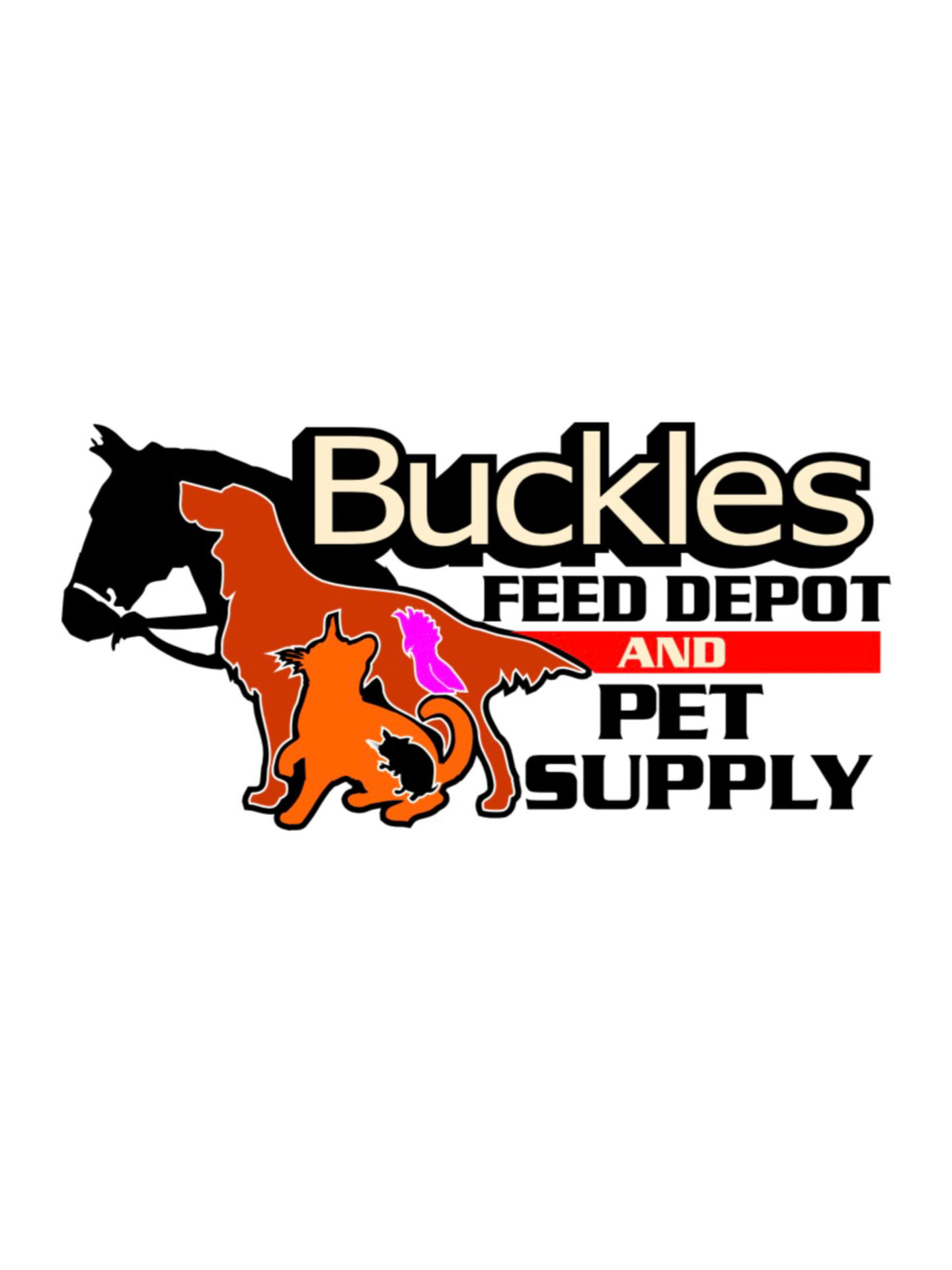Boa Constrictor
Western New York Herpetological Society
www.wnyherp.org © 2001 - 2002 by Western New York Herpetological Society
This document is for guidance only and should not be used as the sole source of information. New information is being developed daily. It is recommend that a concerted effort be made to maintain up-to-date knowledge of the animals of interest.
Common Name: Boa Constrictor
Latin name: Boa Constrictor
Native to: Mexico through South America, including the surrounding islands
Size: This is a large snake, reaching lengths of 8 to 12 feet and weighing up to 30 to 60 pounds. Females tend to be larger than males.
General appearance: Hatchlings can be housed in a 20-gallon aquarium, but they will soon out grow this enclosure. Usually only custom-built cages are the only suitable enclosures for adult specimens. Cages should at a minimum be 8 feet long by 2 to 3 feet wide by 4 feet tall. When constructing cages it is important to not use unfinished wood or other porous materials since these are difficult to clean and can harbor disease.
Housing requirements:
Enclosure: Hatchlings can be housed in a 20-gallon aquarium, but they will soon out grow this enclosure. Usually only custom-built cages are the only suitable enclosures for adult specimens. Cages should at a minimum be 8 feet long by 2 to 3 feet wide by 4 feet tall. When constructing cages it is important to not use unfinished wood or other porous materials since these are difficult to clean and can harbor disease.
Temperature: Daytime temperatures should be 80º to 85º F with a basking temperature of 95º F. Night time temperatures should be 75º to 80º F.
A heat lamp should be positioned over one end of the tank to produce the basking spot. Use thermometers or temperature gun to measure temperature.
Heat/Light: Boas do well with a 12-hour photoperiod. This may need to be adjusted if you wish to breed. UV light is not necessarily needed. Ambient cage temperatures and basking spots can be maintained with the use of under-the-tank heaters, basking bulbs, or ceramic emitters. Be careful to not use large wattage bulbs greater than 100 watts or hot rocks because these may cause burns to the boa.
Substrate: Newspaper, indoor/outdoor carpeting, and shavings can all be used. Cedar is not to be used because it is toxic to animals. Aspen shavings can provide and excellent substrate. If using shavings or mulch, it is not recommended to feed on the substrate since ingestion of the shavings could cause impaction.
Environment: Hide boxes and limbs and shelves for climbing should be provided for climbing and basking. A large water dish suitable for soaking should also be provided with fresh water daily.
Diet: Appropriate sized small mammals should be offered. Young snakes may be offered fuzzy mice, while large adults may be fed 3 adult rats or a small rabbit once every 2 to 3 weeks. Younger snakes should be offered food weekly to encourage proper growth.
Maintenance: The enclosure should be spot checked for feces daily. It is recommended to change the substrate and disinfect the enclosure with a 5% bleach solution on a regular basis. Be sure to rinse the enclosure thoroughly after cleaning with the bleach solution. Commercial cleansers like Lysol or Pine-Sol are not recommended because they may leave a residue that is toxic to the boa. It is always recommended to wash your hands thoroughly after handling the snake or cleaning the cage and cage accessories.
Other references or recommended reading:
The General Care and Maintenance of Red Tailed Boas by Philippe de Vosjoli
The Boa Constrictor Manual by Philippe de Vosjoli, Roger K. Dum, Jeff Ronne
Reproductive Husbandry of Pythons and Boas by Richard Ross and Gerald Marzec
Western New York Herpetological Society
www.wnyherp.org © 2001 - 2002 by Western New York Herpetological Society
This document is for guidance only and should not be used as the sole source of information. New information is being developed daily. It is recommend that a concerted effort be made to maintain up-to-date knowledge of the animals of interest.
WHAT Lafayette CUSTOMERS ARE SAYING
We love our customers from Lafayette areas around Downtown Lafayette, Delphi, Crawfordsville, West Lafayette, Shadeland, Monticello, Dayton, Wyandot & More!






